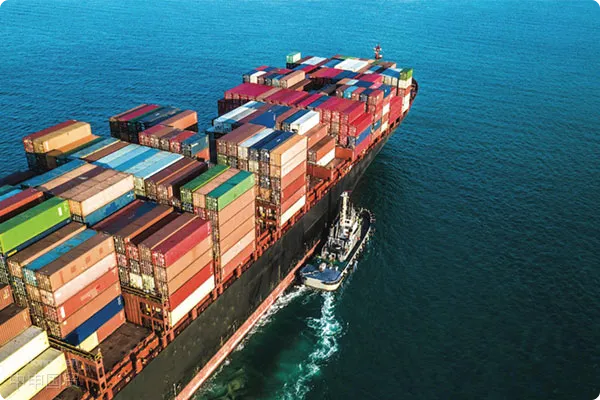- Shanghai Zhongshen International Trade Co., Ltd. - Two decades of trade agency expertise.
- Service Hotline: 139 1787 2118
Recently, the security situation in the Red Sea and the Bab el - Mandeb Strait has drawn high attention from the international trade and shipping industries. Frequent ship - attack incidents have led many container shipping companies and oil companies to announce the suspension of voyages in the Red Sea and nearby waters. This tense situation has an increasingly significant impact on international trade, especially in terms of freight rates and transportation costs.
The Red Sea is an important shipping route connecting Asia, Africa, and Europe, with an important strategic position. Especially the Suez Canal and the Bab el - Mandeb Strait, which are the main channels for Asia - Europe trade, handling about 20% of the global volume of goods trade each year. Given the current security threats, many shipping companies choose to bypass the Cape of Good Hope, which means a longer voyage and a significant increase in costs.

The voyage around the Cape of Good Hope takes about 10 extra days, resulting in an increase of about one - third in the total voyage. This not only increases the fuel costs and fixed expenses of shipping companies but may also bring potential trade costs, such as an extended cargo trade cycle and insurance claims. It is estimated that the transportation cost around the Cape of Good Hope to Rotterdam has increased by about 30%.
This unstable situation has led to a significant increase in the spot freight rate of the Asia - Europe route. For example, the freight rate from the Far East to the eastern coast of the Mediterranean has doubled directly, with the freight rates to the northern and western ports of Israel rising to $6800/FEU and $7000/FEU respectively. As many shipping companies suspend the Red Sea route and receiving goods, the freight rate may rise further in the short term. According to the data of the Shanghai Shipping Exchange, on December 15, the market freight rate for exports from Shanghai Port to basic European ports had increased by 11.2%.
Although the short - term increase in freight rates may be beneficial to shipping companies, in the long run, the instability may damage international trade. Many shipping companies have a high proportion of long - term contract orders, and market fluctuations have little impact on long - term contract freight rates. However, if the market situation deteriorates, the contract proportion may decline.
Globally, US Secretary of Commerce Austin, UK, Bahrain, Canada, France and other countries have announced the establishment of the Operation Prosperity Guardian multinational coalition to protect ships on the Red Sea route. However, the Houthi rebels have stated that they can confront any coalition action and claim that as long as the ships do not belong to Israel, they are safe in the Red Sea and the Arabian Sea.
The impact of the Red Sea Crisis on international trade is profound. From the increase in transportation costs of shipping companies to the extension of the cargo trade cycle, all these are suppressing the driving force of global economic growth. Although some shipping companies may profit from the increase in freight rates in the short term, in the long run, continued instability will cause greater harm to global trade.
Related Recommendations
? 2025. All Rights Reserved. 滬ICP備2023007705號-2  PSB Record: Shanghai No.31011502009912
PSB Record: Shanghai No.31011502009912









